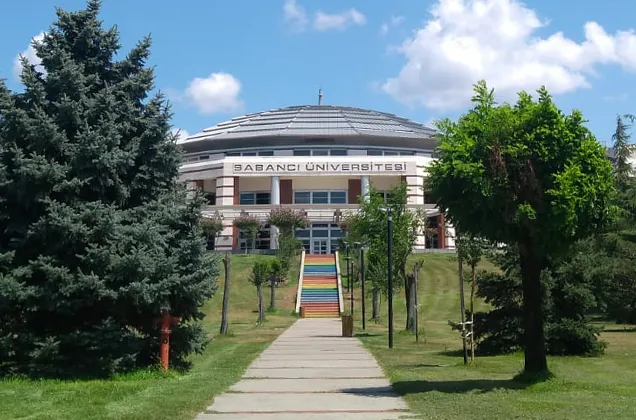08/07/2015
The International Wheat Genome Sequencing Consortium (IWGSC) and the Wheat Initiative announced today that funding was secured in Turkey for reference sequencing of wheat chromosome 5D.
Reference sequencing of chromosome 5D will be carried out over the next two years by a team led by Hikmet Budak, head of the Plant Molecular Biology and Genetics Lab at Sabancı University, who received two grants from the Scientific and Technological Research Council of Turkey (TÜBİTAK) and the Ministry of Food, Agriculture and Livestock to produce the reference sequence of both arms of chromosome 5D.

Turkey's contribution to the Wheat Consortium is another step towards achievement of a high quality reference sequence for each of the 21 bread wheat chromosomes in order to provide plant breeders with high quality tools to accelerate breeding programs and produce a new generation of wheat varieties with higher yields and improved sustainability.
The completion of the project will have significant implications for agriculture around the world. The project aims to sequence the entire wheat genome and map the important genes carried by chromosome 5D. This will enable a non-GMO method of breeding new cultivars of wheat that will carry all functional and structural elements of various types of wheat.
The team led by Hikmet Budak, head of the Plant Molecular Biology and Genetics Lab at Sabanci University, aims to produce the reference sequence of both arms of chromosome 5D, complete genetics work, and ultimately use the genome sequence to develop new cultivars of wheat, which is a staple food in Turkey.
Hikmet Budak said the following: "Wheat is one of the most important crops in Turkey as it is here that modern wheat originated. The reference sequence of chromosome 5D will provide valuable genomics tools for both researchers and breeders. TÜBİTAK and the Ministry of Food, Agriculture and Livestock are well-aware of the impact that the sequencing of chromosome 5D will have on improving genomic assisted breeding.”
Hikmet Budak was part of the survey sequencing of wheat chromosomes, and his research output with the International Wheat Genome Sequencing Consortium (IWGSC) was published in Science in 2014.
Wheat is the most widely grown cereal crop in the world
It is also the staple food for more than 35% of the global human population. With a projected world population of 9.6 billion by 2050, the Food and Agriculture Organization (FAO) forecasts that the demand for wheat will increase by 60%. Since availability of new land is limited to preserve biodiversity and water and nutrient resources are becoming scarcer, the majority of this increase has to be achieved via crop and trait improvement on land currently cultivated. A high quality reference genome sequence would contribute greatly to achieving this goal.


